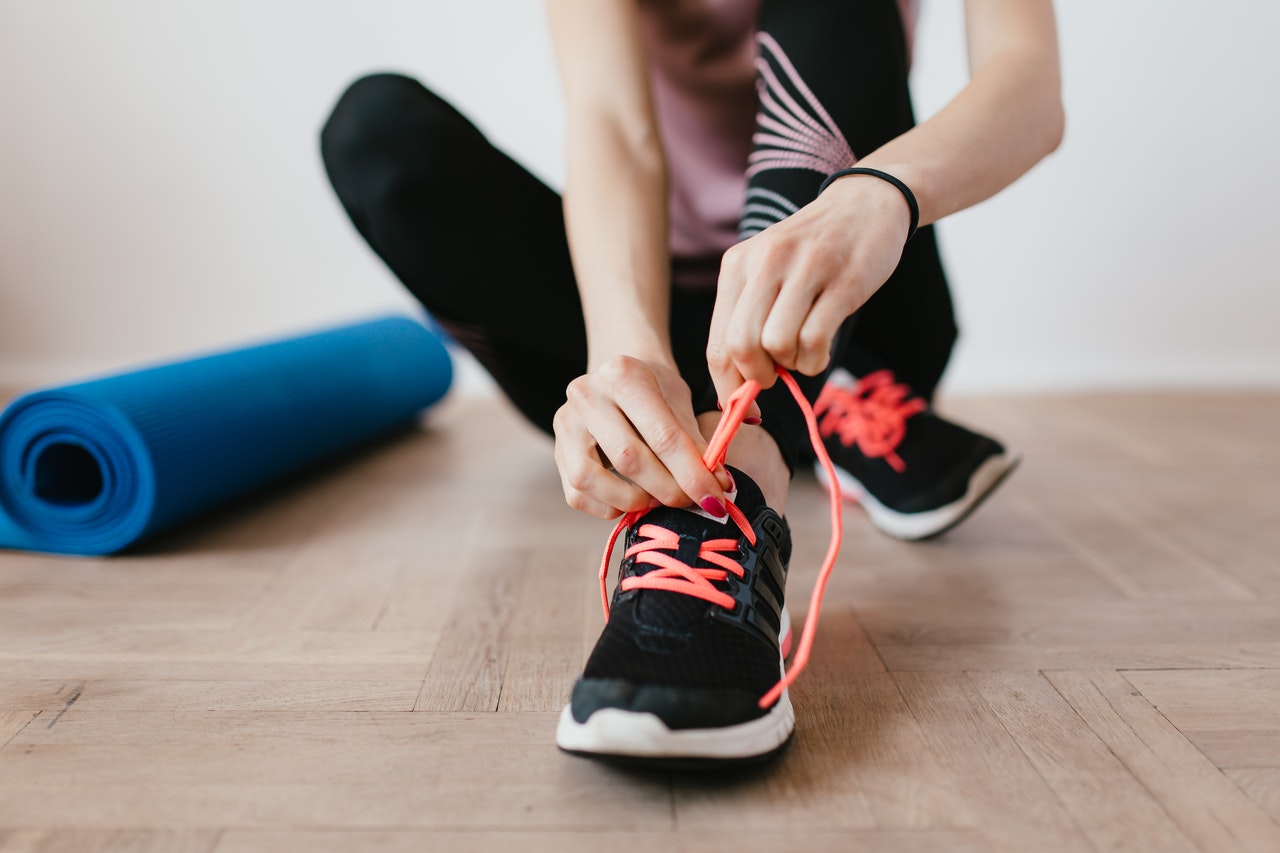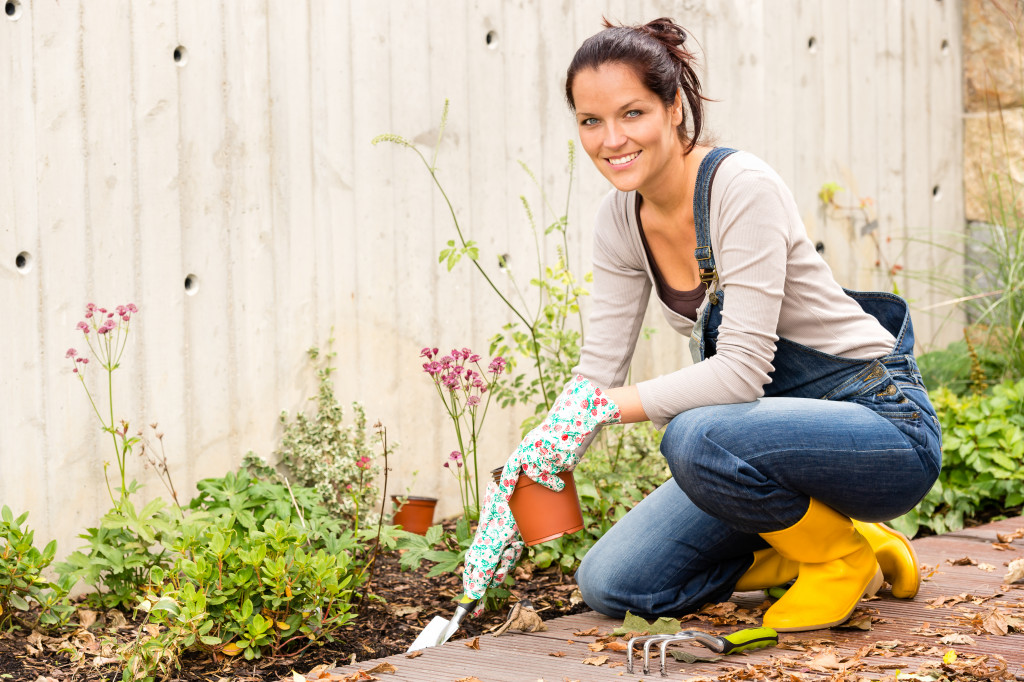The pandemic has completely changed the way people spend their days.
Before COVID-19, the typical American adult has to wake up early in the morning, get ready for work, drive to the office, spend eight hours on their desks, and then go home to sleep. After the lockdowns, routines immediately disappeared. As people fulfill their professional roles from the comforts of their homes, time wasted on traffic disappeared. Socializing after office hours was also suddenly gone. Increasingly, many discovered that they have more time to pursue other activities that they did not have the opportunity to explore before.
In 2020, people across the United States and around the world picked up new hobbies.
How American Spent Their Year Under Lockdown
Americans have participated in different kinds of activities in the past year. Many started playing video games as a way to cope with being inside all the time. Others started gardening to create opportunities to go outside safely and to provide fresh and healthy food on their tables as the recession threatens job stability.
Some sought solace from four-legged pals. Early into the pandemic lockdowns, animal shelters were emptied as people tried to fight loneliness and isolation. When the restrictions were loosened, some, like reality television star Kendall Jenner, gathered their equipment and supplies to ride a horse again or for the first time.
One survey found that the three most popular hobbies in the past year are watching television and movies, reading books, and working out. About one in three respondents also started doing arts and crafts as well as played board games in the past year.
No matter which new hobby you have decided to learn during the pandemic, it is doing more than just entertain you. It could be saving you from stress.
Hobbies Lower Levels of Stress
Doing an activity you enjoy can lead to more positive mental health. One study that was published in the Annals of Behavioral Medicine in 2015 found that participants who participated in leisurely activities had lower heart rates and improved moods. They also felt less stressed.
Experts explain that hobbies are healthy for a person’s mental health because they are fun. Hobbies help the mind forget all the bad stuff, even momentarily. You focus instead not on the negative thoughts, but on the activity at hand.
Creative endeavors such as writing or playing music can also help people cope with stress by allowing them to better organize their thoughts and understand their emotions.

Hobbies Can Bring a Sense of Normalcy Back
In addition, it provides structure during the day. One of the things that disappeared because of the pandemic is routine. Having to sleep and wake up at certain times, go to work and return home, and eating meals at specific times are actually good for your mental health.
But, when work disappeared, so did routines. The loss of routines has thrown many people’s lives in disarray.
Hobbies can bring stability back into everyone’s lives. Participating in an activity you enjoy, especially on a daily basis, creates structures that can ease the stresses and anxieties that come with the pandemic. It gives people control of their life even if the events happening around them are chaotic and, often, feel hopeless.
Hobbies Allow You to Get to Know Yourself Better
In addition, hobbies allow people to discover new things about themselves. As jobs disappear and outdoor activities are barred, people have no choice but to spend more time with themselves.
Learning a new hobby can challenge the mind and encourage people to gain new skills. Moreover, it provides a sense of accomplishment, no matter how small or seemingly insignificant it may be in the larger scheme of things.
For many, their new hobbies have defined their new lifestyles.
One survey found that about six in 10 respondents said that their newfound passions have become inextricable parts of their identities. Nearly half of all respondents are now self-described outdoorsmen.
This has only boosted their mood and confidence. About three-quarters of all respondents believe that they can do anything because of what they have accomplished during the pandemic.
Having a hobby during a chaotic and traumatic experience is healthy for the body and mind. Although the pandemic will end — which, for some countries might happen soon — these activities should continue. The pandemic will unlikely be the last crisis you will face in your lifetime. It would help you survive any challenges that will come your way if you have a healthy way of coping in the form of a hobby.

